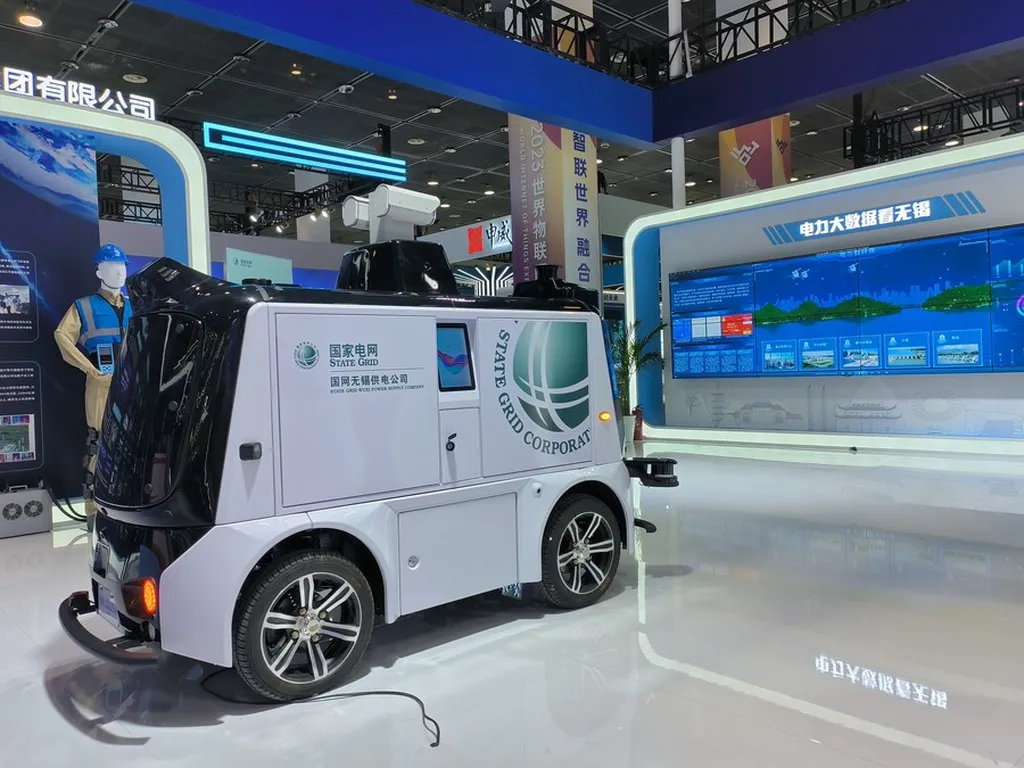In the rapidly evolving landscape of power grid management, a groundbreaking study published in the English-language journal “IEEE Access” is shedding light on the transformative potential of Large Language Models (LLMs) like ChatGPT. Led by Liudong Zhang of the State Grid Jiangsu Electric Power Company Ltd. in Nanjing, China, the research delves into how these advanced AI tools can revolutionize the way we operate and maintain our critical energy infrastructure.
Power grids are the backbone of modern society, demanding real-time, safe, and reliable operation. Zhang and his team have identified several key areas where LLMs can make a significant impact. “By integrating LLMs into power grid applications, we can enhance decision-making processes, improve operational efficiency, and foster a more resilient and adaptive power infrastructure,” Zhang explains. This includes intelligent assistance for grid operation, generation and load forecasting, power system planning and operation, and even power converter design.
The study highlights the potential commercial impacts for the energy sector. For instance, improved forecasting models can lead to more accurate load predictions, reducing the need for expensive last-minute adjustments. Enhanced power system planning can optimize grid investments, while intelligent assistance can minimize human error and improve response times during outages or other critical events.
However, the integration of LLMs into power grids is not without its challenges. The research points to data quality issues, model explainability, cybersecurity risks, and real-time computational efficiency as key hurdles that need to be addressed. Zhang and his team propose potential solutions to these challenges, paving the way for more reliable and applicable LLM integration in the future.
The study’s findings could shape the future of power grid management, making it more efficient, reliable, and adaptable to the changing energy landscape. As the energy sector continues to evolve, the insights from this research could prove invaluable in driving innovation and improving the resilience of our power infrastructure.
In the words of Zhang, “The future of power grid management lies in the intelligent integration of advanced technologies like LLMs. By addressing the challenges and leveraging the capabilities of these models, we can create a more robust and efficient energy infrastructure for the future.” This research not only highlights the potential of LLMs in power grids but also sets the stage for future developments in the field, making it a compelling read for energy professionals and technology enthusiasts alike.

